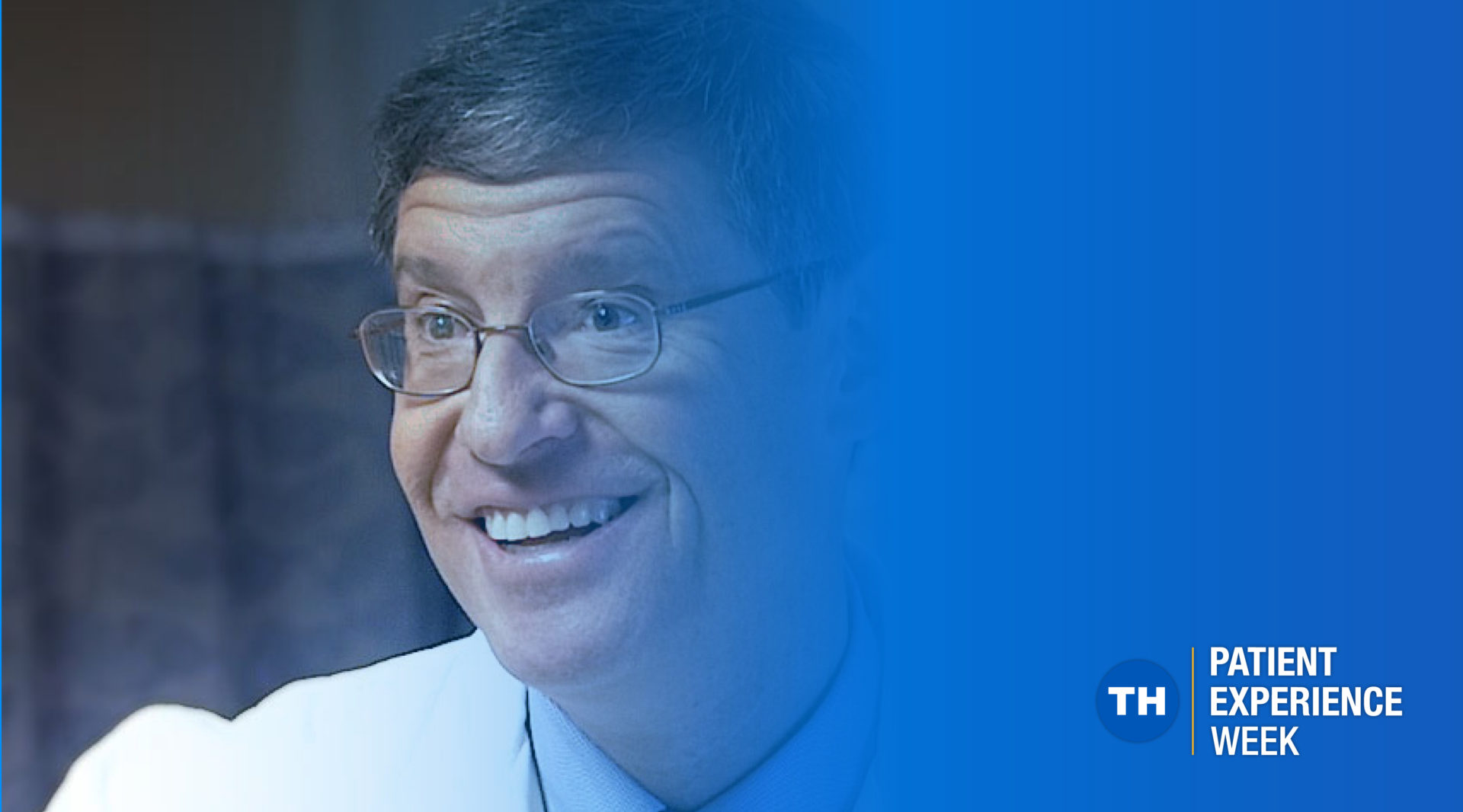By Kip Wenger, DO, FACOEP, FACEP, Regional Performance Director, Emergency Medicine, Southeast Group
On average, physicians give patients 11 seconds to explain their reasons for seeking care before interrupting them. This statistic is staggering on paper. Yet, in a busy, fast-paced healthcare setting, it is likely not shocking to many clinicians.
Patient experience is often thought of as a collective – survey results that block together many components of patient interactions. However, it is vital as clinicians that we take the time to break down the individual aspects of experience. One such area that deserves our attention is the cultivation of compassion in our practice.
What is Compassion?
Let’s start with the basics. Merriam-Webster defines compassion as “sympathetic consciousness of others’ distress together with a desire to alleviate it.” This definition alludes to two vital aspects of compassion. It is not just the understanding of distress. This understanding is what we might define as empathy, an equally important skill to nurture. Going a step further, compassion is the acknowledgment of distress and the desire to alleviate it.
As healthcare professionals, this should be at the core of our care philosophies. Healing is an art and a science, and we approach each patient with a desire to heal and alleviate problems. It is not enough to seek to solve problems, though. We must also empathize, listen and understand patients to treat them. This combination is the cultivation of compassion, which should be foundational to our work.
Patient and Clinician Impact
Lacking compassion impacts more than patient experience. While patient experience is paramount to practice, lacking compassion can also affect us as clinicians. Our clinical experiences are deeply influenced by the way we approach each patient. Burnout is very real, and while that term feels burnt out itself, it speaks to the reality many clinicians experience today, particularly with the seemingly never-ending COVID-19 pandemic.
However, cultivating compassion can help clinicians feel more connected and engaged at work. Making connections with patients is key. In my experience as an emergency department physician, I understand how easy it can be to forgo connection for the sake of efficiency, and I also know how easily clinicians become desensitized to their surroundings. What is scary for a patient is a daily routine for clinicians. But an approach lacking compassion is detrimental to patients and clinicians. Instead, we must recognize the difference we make in patients’ lives. When we do this, we can build a compassionate care philosophy and approach.
Cultivating Compassion in Our Practice
We cannot allow a loss of compassion for the sake of efficiency. It takes 1 minute to improve both the patient and clinician experiences. While clinicians may approach compassion in different ways, some universal truths can guide us. Here are some examples of compassionate behavior in healthcare:
- Listen to patients before interrupting
- Reassure patients and put them at ease when appropriate
- Relate to patients when possible
- Help patients understand their diagnosis, medications and follow-up
- Minimize distractions and focus on patients
Compassion Matters
Showing compassion is a benefit to patients and clinicians. More than anything, though, it is simply the right thing to do. We are all patients. Treat patients how you would want yourself or your family members to be treated in an unfamiliar, fearful environment.
Cultivating compassion is not a quick fix for burnout or clinician depression. I urge you to seek help if you have these feelings. But from my experience, understanding my impact and connecting with patients through compassionate care improves my practice and personal health.
